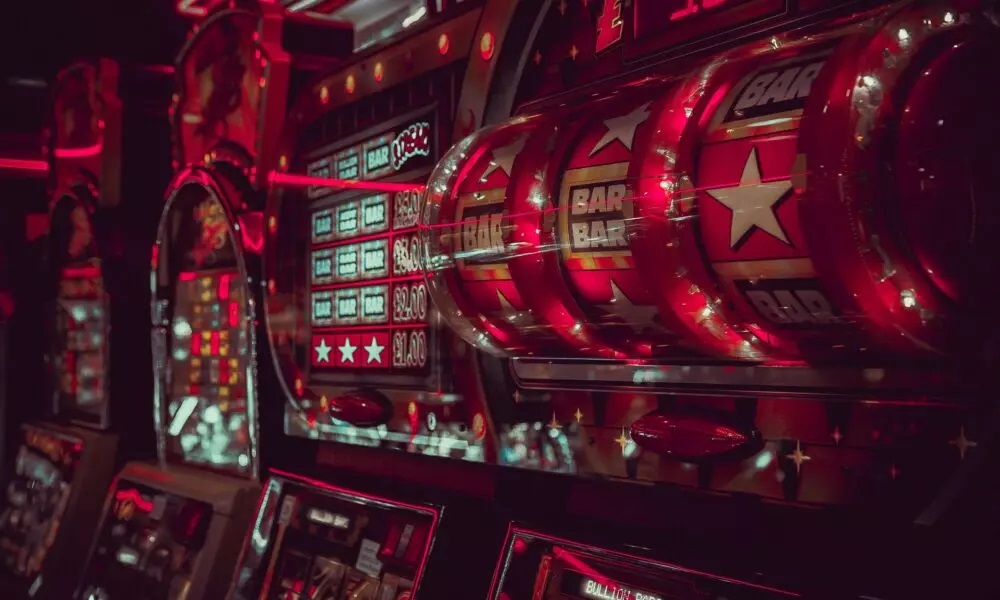Evolution of slot machines – From bars to online casinos

Over the past century, the slot machine has evolved. The first mechanical gambling devices offered a simple game of chance that awarded prizes like free drinks or cigars for lining up matching symbols. Over the decades, slots evolved from novelty distractions in bars and arcades into a multi-billion-dollar industry driven by technological innovation.
The origin of slot machines goes back to the Liberty Bell machine created in 1895 by Charles Fey in San Francisco. Based on Fey’s own pioneering work on gears and springs, the Liberty Bell featured three reels with the now-standard symbols of, horseshoes, spades, diamonds, stars and the Liberty Bell itself. If a player lined up three matching symbols, they won a prize determined by the ra,rity of that symbol. The three-reel format and pace of play created an enticing gambling experience that fueled demand for slot machines.
Fey’s machines were a hit, and soon copycats and competitors got into the fledgling slot industry. The core mechanical design remained largely unchanged until the 1960s when the first electromechanical machines appeared. These new electric slots did away with handles and used buttons for play. Additional reels and symbols exponentially increased the odds for the house. The computerization of slots brought even more complexity in terms of reels, pay lines and jackpots during the 1980s and 1990s. Video graphics and bonus features further enhanced the playing experience.
Along with hardware advances, สล็อตมาแรง locations radically changed through the 20th century. The legacy destination for slots was bars — Fey’s Liberty Bell appeared at saloons. Prohibition drove machines underground until legalization in 1931 brought slots back into bars as popular entertainment that earned money for owners. Arcades, restaurants, hotels and, other venues also began housing slots. That changed in the 1980s as casinos recognized their earning potential and adopted slots as their bread and butter. Land-based casinos have since expanded slots to dominate floors, while state lotteries introduced electronic gaming machines to gas stations and supermarkets.
The proliferation of computers and the Internet supercharged slot innovation by the 2000s. Slot machine manufacturers adapted their offerings for online play. Digital slots could integrate advanced features like interactive bonus rounds and mini-games seamlessly thanks to unlimited digital flexibility. Online casinos offer convenience through 24/7 access from home. Huge progressive jackpots tied across casinos turned slot games into millionaire-makers. The online realm also facilitated social gameplay through competitive and cooperative features.
On the technical side, random number generators ensure fair results online. Graphics and sound mirror the immersive experience of physical machines. Backend analytics inform the design to optimize player enjoyment. Practically infinite library capacity allows for constantly fresh and differentiated games. Targeted mobile apps allow players to spin slots from their phones anywhere. For players, online slots provide unparalleled variety and accessibility. Hundreds of unique titles are available 24/7 with no wait times for machines. Players enjoy state-of-the-art features and bonus games with advanced graphics and sound. Sign-up bonuses and loyalty programs add further incentives. Table limits range from pennies to hundreds of dollars per spin catering to all budget ranges. Players also avoid crowds, smoke, and noise associated with real casinos.
Technical problems interrupt play which is not an issue with physical reels. Winnings must be transferred electronically to banking accounts. Players also lose the fun of yanking a lever or watching reels spin. And the online gambling environment brings risks of addiction without direct human oversight.






